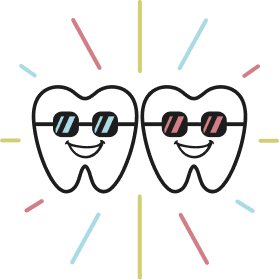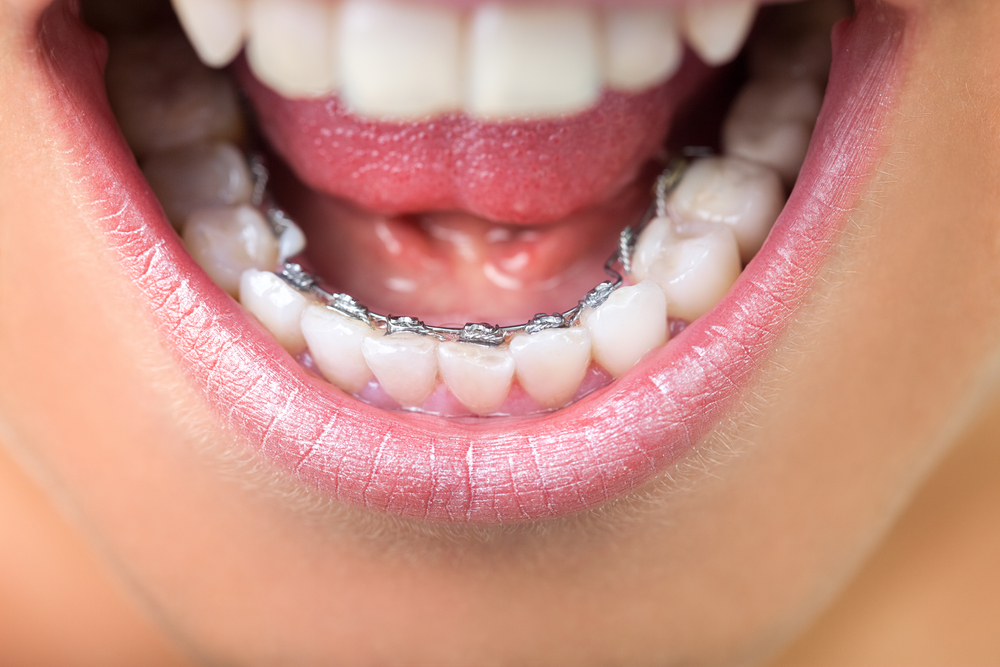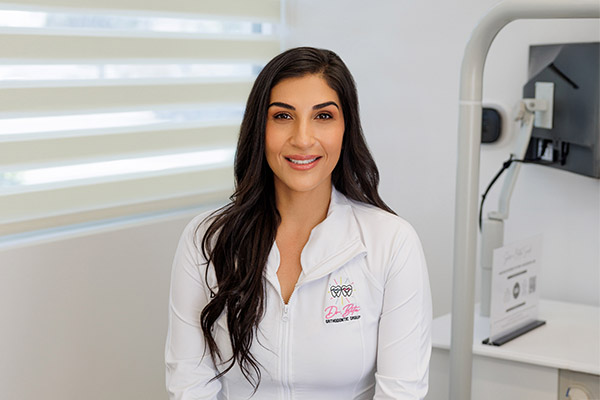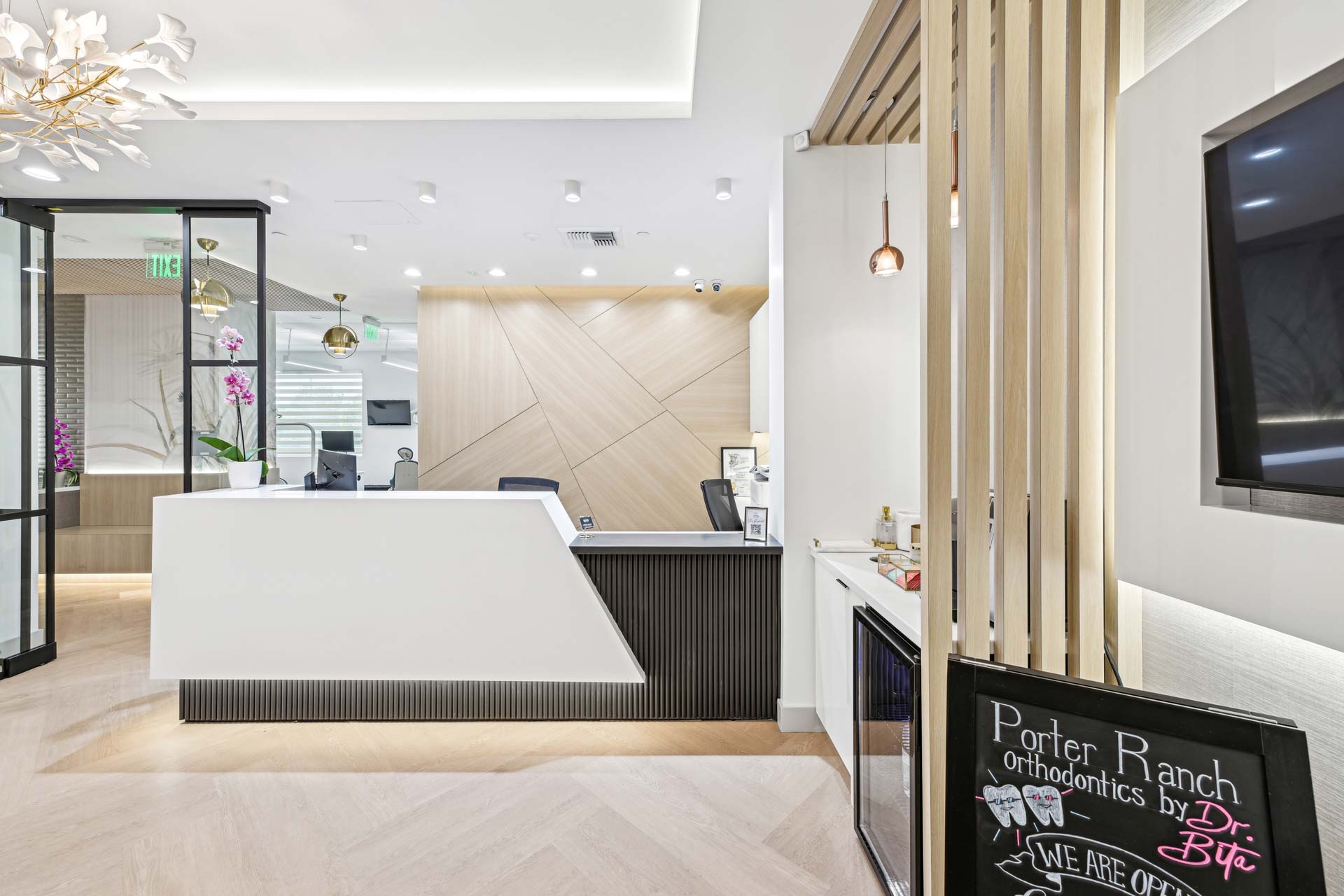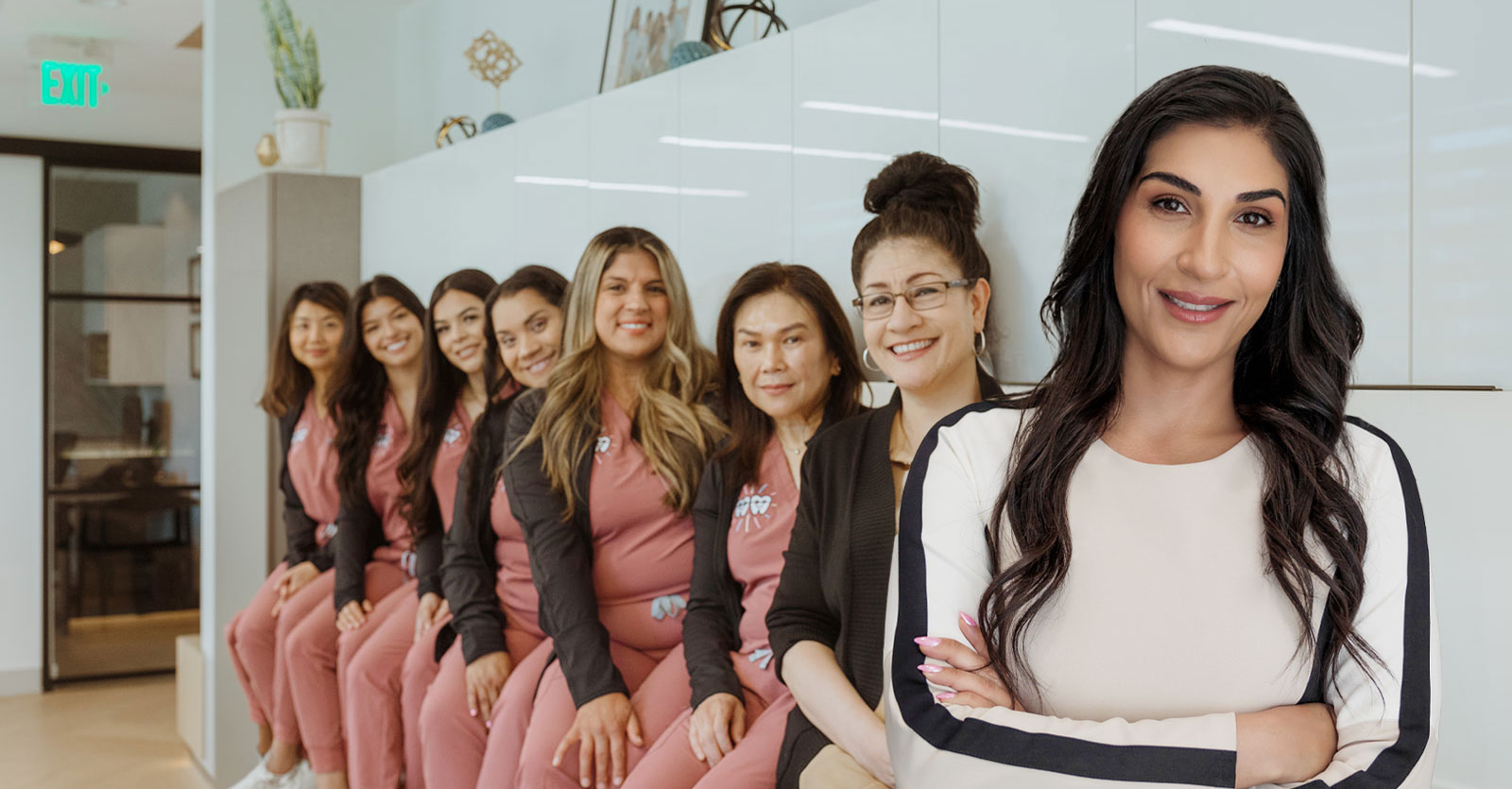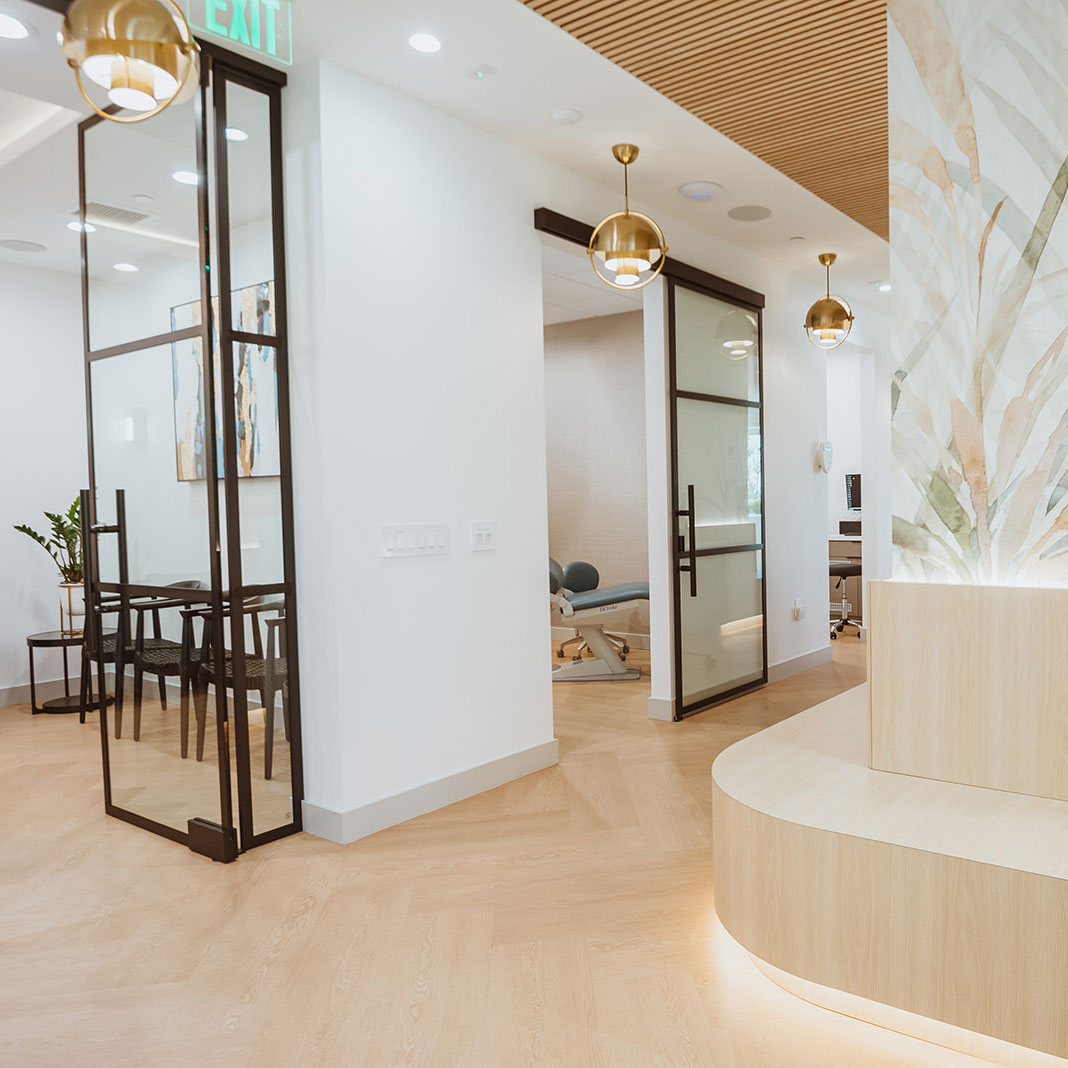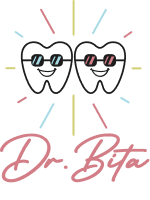There are so many more options for braces available today than ever before. The stereotype in our culture of braces, the uncomfortable metal contraption that seems to barely hang in a teenager’s mouth while causing them all sorts of pain, is a long-forgotten relic of the past. Those days are gone forever. Today, braces technology is racing forward, continually creating better braces products so that anyone can have perfectly aligned teeth for a megawatt smile. In this blog, we’ll go over some of our options for lingual braces in Winnetka. We’ll also cover how Dr. Bita goes about determining what kinds of braces are best for your needs.
Our Lingual Braces in Winnetka
Over the years, we’ve found that braces tend to make people a bit self-conscious. That’s perfectly understandable. It can feel awkward if someone notices you have braces. Of course, it’s important to point out that there’s nothing wrong with braces. They can be incredibly helpful in making you look better and feel better about yourself. That being said, we absolutely understand if you want braces that most people won’t notice. One of the more popular new advancements in braces technology is what is called “lingual braces.” That doesn’t mean that the braces make you speak better or anything like that. It does mean that people almost assuredly won’t see these braces when you have them in.

How Lingual Braces Work
One of the main reasons that the stereotype of braces is what it is (lots of visible, jangly metal) is that older forms of braces were in the front of the mouth. Of course, people noticed these braces: they were on the front teeth, the parts that face the world. Every time someone opens their mouth, the front of their mouth is visible and noticeable. That’s part of what made people so self-conscious about these braces: it was difficult to communicate without people noticing them. So, that’s what lingual braces can do: hide. They don’t get placed on the front of the teeth. On the contrary, they’re placed on the back of the teeth.
Placement Matters
When you think about this, it makes sense. After all, you can talk to someone for hours, stare at their mouth seemingly forever, and you sure won’t see the back of their teeth. That’s where these lingual teeth go. Instead of connecting to your teeth from the front, they do so from the back – think of them like an easel, essentially. They don’t interfere with anything in the front of your teeth. As far as anyone knows who sees your smile or sees you talk, there are no braces in your mouth whatsoever. That’s part of the power of the lingual braces.
What Lingual Braces Can Do
Another major benefit that lingual braces provide is that they make it a little bit easier to adapt to braces. After all, no matter what kind of braces you or your kids have, it’s not always easy to get used to something in your mouth. We understand that, which is part of the reason that we end up helping folks with lingual braces as much as we do. They’ve shown to be especially useful for kids who are getting into wind instruments: horns, trumpets, band instruments like that. They interfere with that process so much less than normal braces do. Of course, these braces aren’t just for kids. So many adults use these braces as well. It’s easy to go to work functions, out on dates, and the like at any age with braces that only you know are in your mouth.
Where to Find Lingual Braces in Winnetka
Lingual braces can’t be found everywhere. Not every orthodontist offers these lingual braces. That’s because it takes extra training and education to know how to put these braces on correctly. Of course, that’s where Dr. Bita’s resume comes in. One of the few genuinely certified board-certified orthodontists in the area, she is preeminently qualified to put these or any other kind of braces in for you or your family. There are many other options for braces than just lingual, of course. Invisalign has advanced by leaps and bounds; now, that’s one of the more popular options for making your smile as great as it can be.
Schedule a Complimentary Consultation Today
When you contact Dr. Bita, we’ll get back to you and set up a time for a complimentary consultation. Then, she’ll go over your history as well as what you’re looking for. From there, she’ll make the right determination for what sort of braces or other help you might need. For some, that may be the lingual braces. For others, it might be Invisalign or some other kind of service. The important thing to keep in mind is that there is a way to get your best smile at any age. To start the process, head to our site or give us a call at (818) 629-1981.
